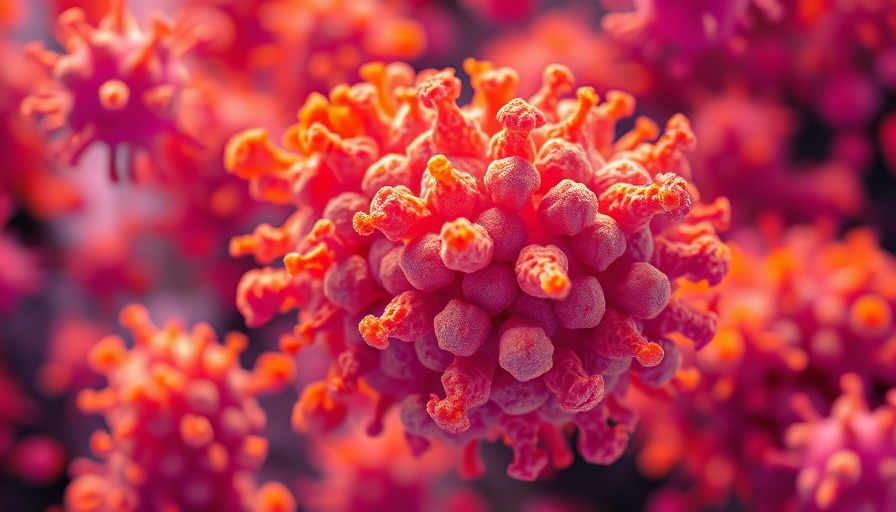
FDA's Alarming Shrimp Recall and Its Potential Health Risks
Recently, the FDA issued a significant warning that has many parents stepping back from the dinner table. Some shrimp, imported from a certain region, may be radioactive due to improper handling and environmental contamination. This news raises important questions about food safety, especially for families who prioritize nutrition and well-being in their meals.
Understanding the Risks of Consuming Contaminated Seafood
Seafood has long been considered a healthy part of any diet. However, the presence of radioactive substances can turn a nutritious option into a risky choice. Even small amounts of radiation exposure can potentially lead to adverse health effects over time. Moreover, children, whose bodies are still developing, are particularly susceptible. Symptoms of radiation exposure can include nausea, fatigue, and in more severe cases, long-term health complications like cancer.
Why Is This Happening? The Environmental Factors Behind Contamination
The contamination of shrimp has been linked to a variety of factors, including pollution and environmental health issues. Regions that experience industrial waste or nuclear incidents can face severe water quality problems, affecting both public health and local ecosystems. Parents need to remain informed about where their food comes from and advocate for cleaner water and better health systems.
The Bigger Picture: Food Safety and Global Health
This shrimp recall isn't just a local issue—it's a global concern. The increase in food contamination incidents raises significant alarms about the global food supply chain. It reflects larger systemic challenges including health equity and access to safe foods. Ensuring that communities across the globe have clean, safe food is crucial for disease prevention and promoting overall wellness.
What Can Parents Do?
In light of these potential risks, what steps can families take to ensure they are eating safely? Educating children about food sources is vital. Parents can teach their kids to recognize health labels, understand where food comes from, and prioritize organic or more sustainable options. Additionally, supporting local health initiatives, which aim to improve food safety standards, can help lessen these instances in the future.
Encouraging Healthy Choices: Navigating Nutrition Amidst Concerns
Despite this alarming news, parents can still focus on nourishing their children’s bodies with safe and wholesome foods. Encouraging a diet rich in fruits, vegetables, and whole grains while being mindful of food sources can set the stage for balanced living. It’s all about making informed choices that prioritize health without succumbing to fear.
Final Thoughts: A Call for Food Security Awareness
This incident underscores the intricate connection between food safety, environmental health, and community awareness. Parents must stay vigilant and proactive about the food they serve their families, understanding both personal and global implications. Join the conversation about food safety in your community, and together we can advocate for stronger policies that ensure safe eating and a healthier tomorrow.
 Add Row
Add Row  Add
Add 




Write A Comment